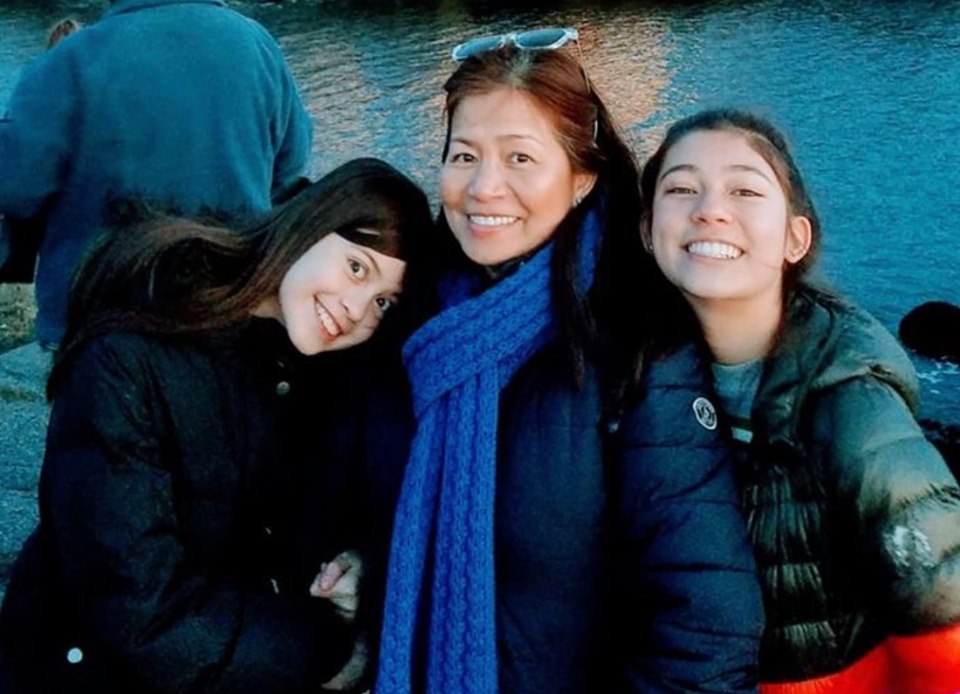For a Filipino mother raised almost singlehandedly by a no-nonsense Nanay in the Philippines, it would have been easy to simply dismiss her two American daughters’ “sassy episodes” by contrasting the family’s relatively comfortable life with countless hard-up folks during this pandemic. But instead of trivializing her children’s emotions, she chose to acknowledge them for what they are: real, heartfelt and products of their time and milieu.
By RUBY ADONAY-CLEMMONS
By my 15-year-old daughter’s definition, I am a “boomer” with extreme “fogo” issues, parenting a couple of “zoomers” in the time of coronavirus.
Or, to put it clearly: I’m a 54-year-old mother with an extreme fear of going out, parenting a couple of young kids who are doing school work from home through the video-conferencing app, Zoom.
The COVID-19 pandemic caught me and my crew (husband and two daughters, 15 and 12) in idyllic New England in the US northeast, where our daily life straddles three states—New Hampshire, Massachusetts and Maine.
We live in a small southern New Hampshire town contiguous to Durham, a college town, where my husband works and where our youngest daughter goes to middle school. Our oldest daughter attends a boarding school in Massachusetts, about 45 minutes away, and we regularly go to the nearby towns along Maine’s coast, a mere 15-minute-drive away, to eat out, shop and have fun.
We relocated here from Los Angeles a few years ago, and I have to admit that I feel lucky to have been trapped here during this pandemic, and there are many reasons why.

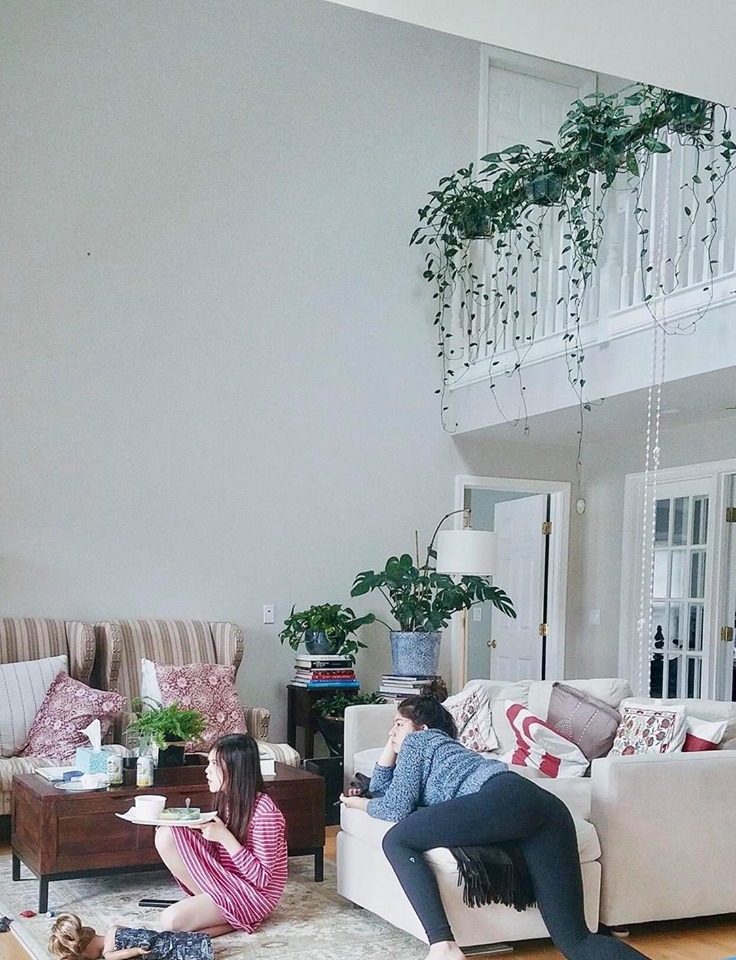
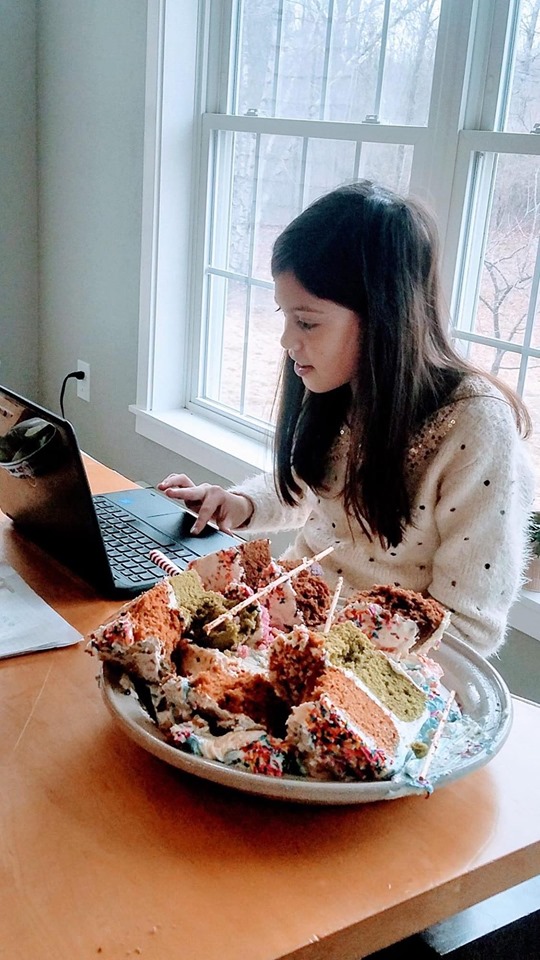

Living in New England (which, by the way, also includes Vermont, Connecticut and Rhode Island) prepares one for the worst of times; and appropriately so. The extreme weather and the long, brutal winters harness the New Englander’s survival instincts to a level that’s nothing short of amazing.
Toughened by nature
There’s a certain elegance to the degree of toughness that people here have in times of trouble and it shines through every step of the way. Simply put, when nature deals New Englanders a strong blow, they shrug it off with quiet bravery and move on with life. You’ve got to learn how to thrive here, and for the most part, on your own.
Like today.
As I write this, the snow is falling outside. A squall, a violent windstorm accompanied by snow, has arrived the day before Mother’s Day, in the month of May, when the rest of the country is already enjoying spring halfway through!
A real downer to many, but not really to a New England mom, who will not sulk about losing that perfect spring day, that blissful outdoor celebration in the wide, open space, carpeted with colorful wildflowers that she’s been romanticizing in her head for days, now that lockdown restrictions have started to ease up a bit.

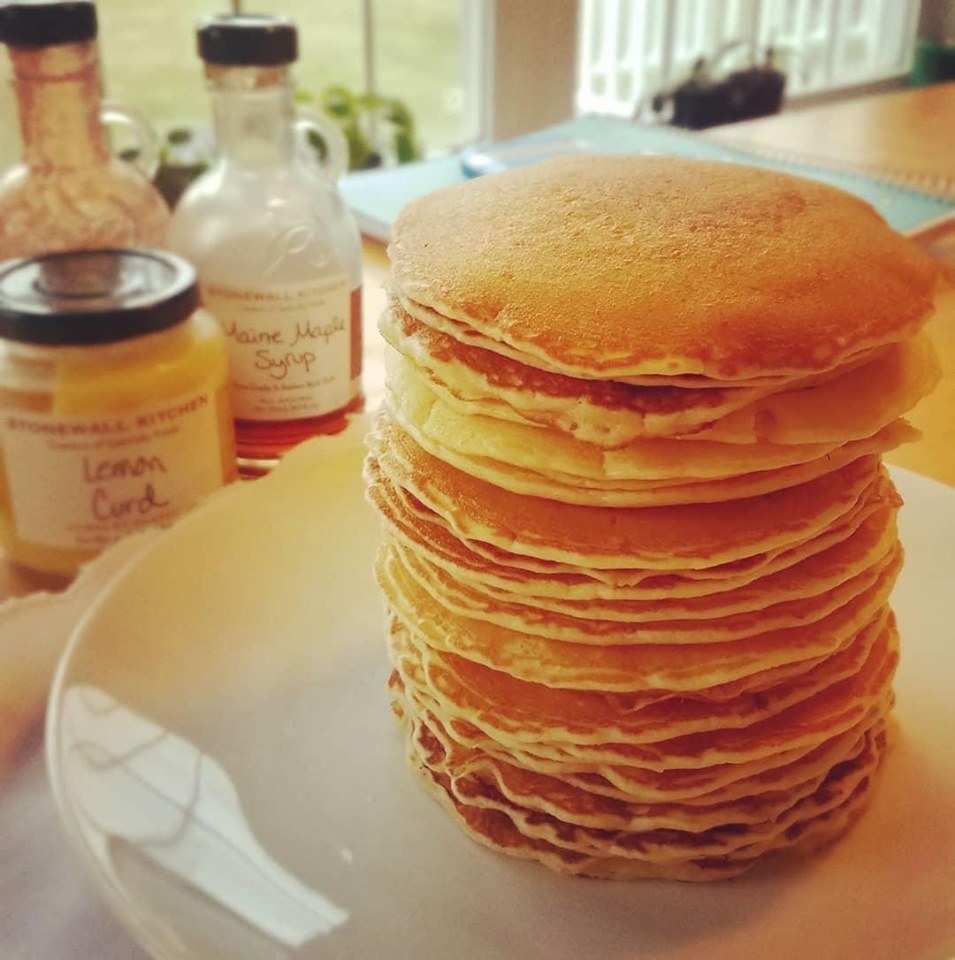
Instead, she will adapt! If the snow sticks, she will pull out the shovel and do the work herself. Spring will come back again. Tomorrow? Maybe.
These temperamental weather conditions also allow for the “prepper” culture here to flourish in ways I haven’t witnessed as a Californian. Here, many families plant edible gardens, and getting a head start in gardening once the ground has thawed is almost like a sport. When autumn comes, many cellars are packed with jars upon jars of homemade tomato sauce, pickled vegetables and fruit jams, plus pounds of root vegetables enough to last them till the next growing season. We were invited to dinner by my husband’s co-worker on our first month here and my eyes almost popped out in disbelief during the cellar tour.
People must prepare and must be ready for any changes in their everyday lives; this is the New England way of life. And it’s against this backdrop that I found myself stepping up to the plate in my new redefined role as a mother in the time of coronavirus. My new duties include being the lone grocery shopper, cook, baker, cleaning lady and assistant teacher.
Sabby, my eldest and a 10th grader arrived back home for spring break the first week of March. She left Phillips Andover on March 7th and has not been back to her dorm since. Like all boarding schools in the Northeast, Andover decided to have its 1,146 students finish the school year via remote learning. A few weeks later, Annika (the youngest and a 7th grader) had to be homeschooled, too.
Ground rules to thrive & survive
With the four of us forced to hunker down by the coronavirus, we immediately implemented ground rules in order to survive the pandemic and each other:
- The Number One commandment of childhood years was resurrected: The words “bored, boring, boredom” aren’t allowed in the house. Everyone is responsible for their own non-electronic entertainment. Painting, yoga, reading, baking, biking, walking, gardening, running, anyone?
- Everyone follows a structure—on school days, you have to be out of bed by 8 a.m., showered, in proper school/work clothes and decamped to your designated space after breakfast (this out-of your-pajamas rule somehow helps us all get through the day as it mimics a sense of normalcy to our daily grind). My husband would take up the office, and the girls the playroom and the breakfast nook.
- By 12 noon, the cafeteria lady (that’s me!) opens her counter and everyone comes to get food and eat and banter for an hour at the “dining hall.” School ends at 3 p.m. and work, 5 p.m. Nighttime brings us back to the pre-quarantine pace of yore.
Annika’s “coronavirus school schedule” is plastered on the kitchen wall for easy reference and it took her only a week to fully adjust. It also helped that every student in her middle school was provided a free, brand-new laptop at the start of the school year, thus the transition to online class was not fraught with much distress.
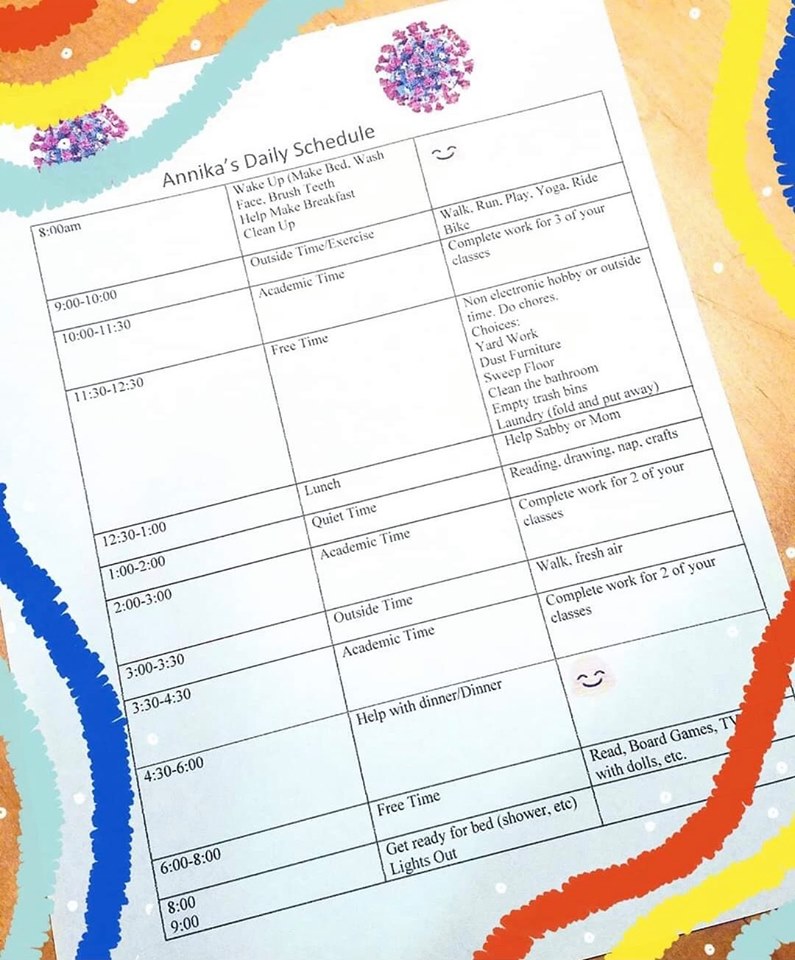
Sabby, my self-starter of a child, cruised through Andover’s asynchronous remote learning mode (to be able to serve its student population scattered in 43 states and 52 countries) entirely on her own and even chronicled her day for her school’s online social media feed.
And just last week, she and her two school friends, one based in Shanghai and the other in Massachusetts, worked through several time zones and got the incoming student body president based in Puerto Rico on board for the pilot episode of “The Lightbulb, Phillips Academy Andover’s Unofficial Talkshow,” and got the podcast greenlighted by Itunes and Spotify in a matter of days.
Amid this quaint picture of relative calm and resiliency, however, cracks do happen, as talks of the “new normal” get redefined over and over while quarantining together. The kids have many questions about the future, about lost freedom and opportunities and about how our little family could help more, especially those who are in some serious need because, unlike us, their income and sense of security were taken away from them because of COVID-19.
Meaningful conversation, lots and lots of it, become necessary as cabin fever wears everyone down. And then there are the occasional bouts of frustration verbalized with sass. I have a teenager and an almost teenager, after all.
No guilt-tripping
To this Filipino mother, whose resolve was forged by her no-nonsense Nanay, a single mom, a teacher who raised and did her best to put her six children through college, it would have been easier to handle these sassy episodes by just drawing from that arsenal of “lemonade on a warm day kind of emotions” that I have tucked in my chest.
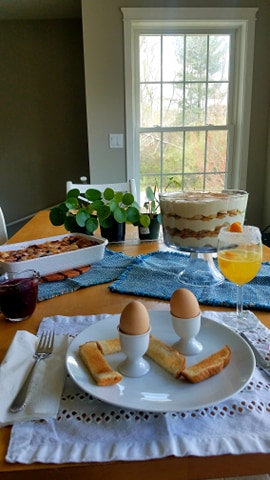



I could easily just scratch one from inside my heart, tell an anecdote, give a lecture and emphasize how lucky they are to have a roof over their heads and not worry about food on the table and assume that my words were like a balm to my daughters’ feeling of helplessness.
That it would stop them from complaining; that it would ease their pain and regret because it’s not as big as other people’s sufferings. That crying about not having to hug, say goodbye and not have that one last dinner at the commons with your favorite dorm proctor who’s graduating this year or, having that sleepover at home with your five little girlfriends before all of you turn 13 this summer are kinda shallow.
But the thing is, doing just that is trivializing my two girls’ emotions during this pandemic. They have the right to feel pain, no matter how inconsequential their suffering may sound to others. As far as I’m concerned there should be no “pain level contest” during this very trying time. Everyone has a story to tell and everyone has to be heard. The lemonade stories have to be kept in the jar because now is not the right time to tell them. My children’s ears are already filled with noise from around the world, realistically speaking.
If anything this quarantine life has taught me, it’s to be kinder to myself. To prioritize what would give me little joys, whether it’s my daily solo run for an hour or two in the neighborhood, stopping by a meadow, a brook or a pond to catch my breath and take photos of flowers; my alone time in the basement with a good book, or my time to indulge in a Hyun Bin television series (K-drama is a pandemic discovery). This is my happy pill of choice until this is all over.



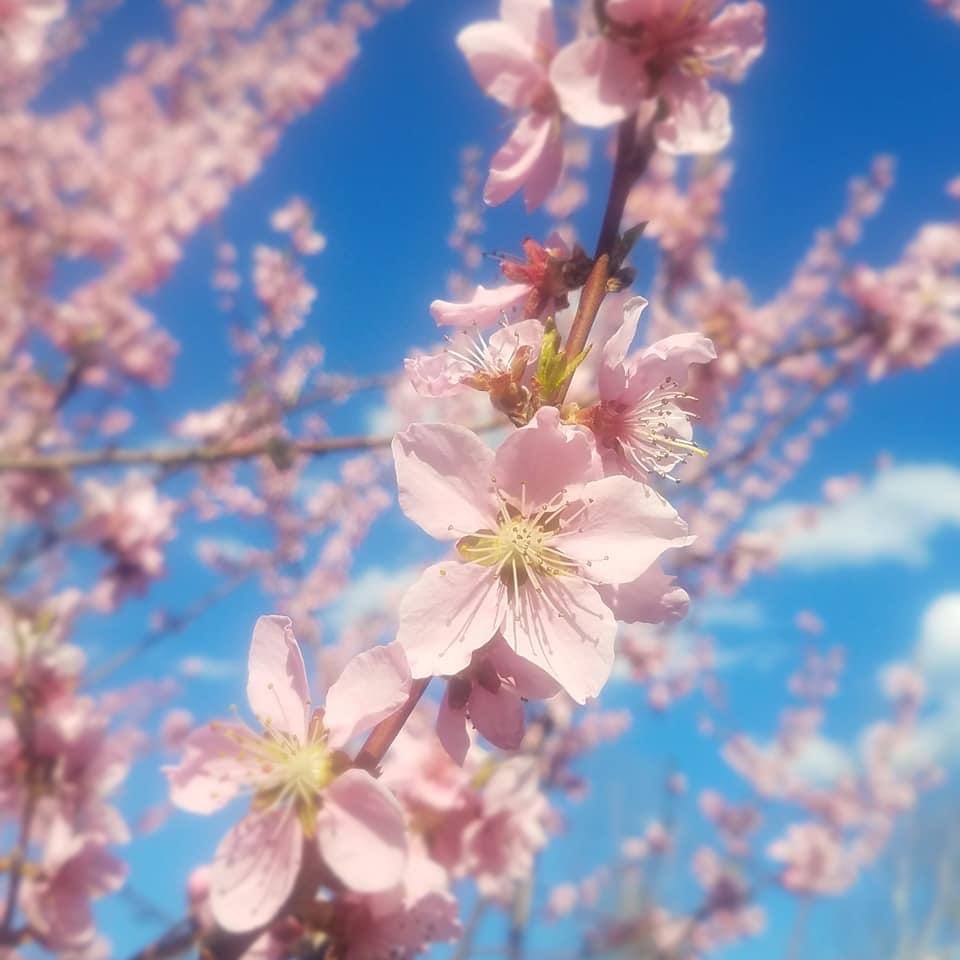
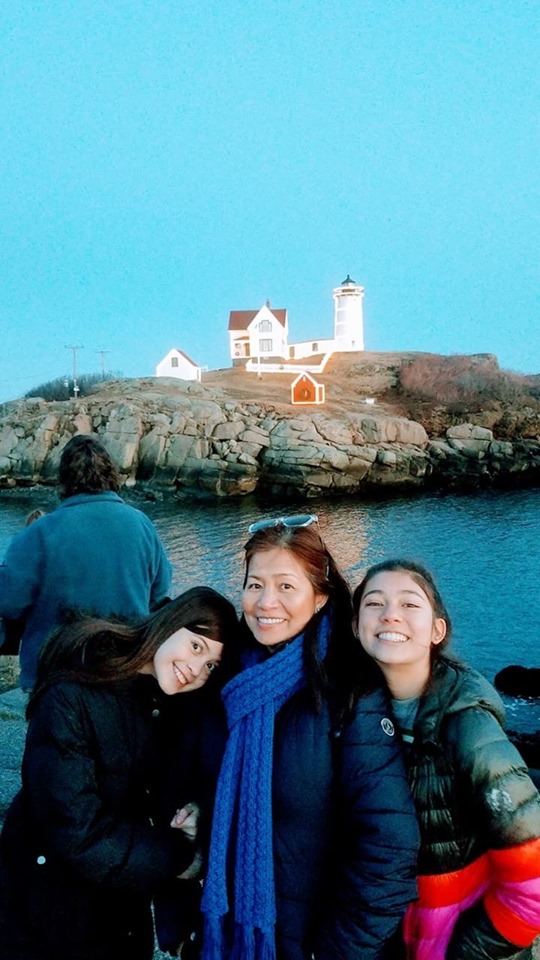
Ruby Adonay-Clemmons is a former Manila-based journalist. She and her husband James, a rocket scientist, have been living in sunny southern California with their two daughters for about two decades when one day he decided to take on a job teaching college physics while doing space research on the other side of the country, in freezing New England. She still remembers that day vividly: “When James asked me if I wanted to move I told him, ‘Please do not worry about me. I’m a resilient Filipina, a real adventurer. I’m like a weed, I will grow and bloom wherever the wind takes me.’”

